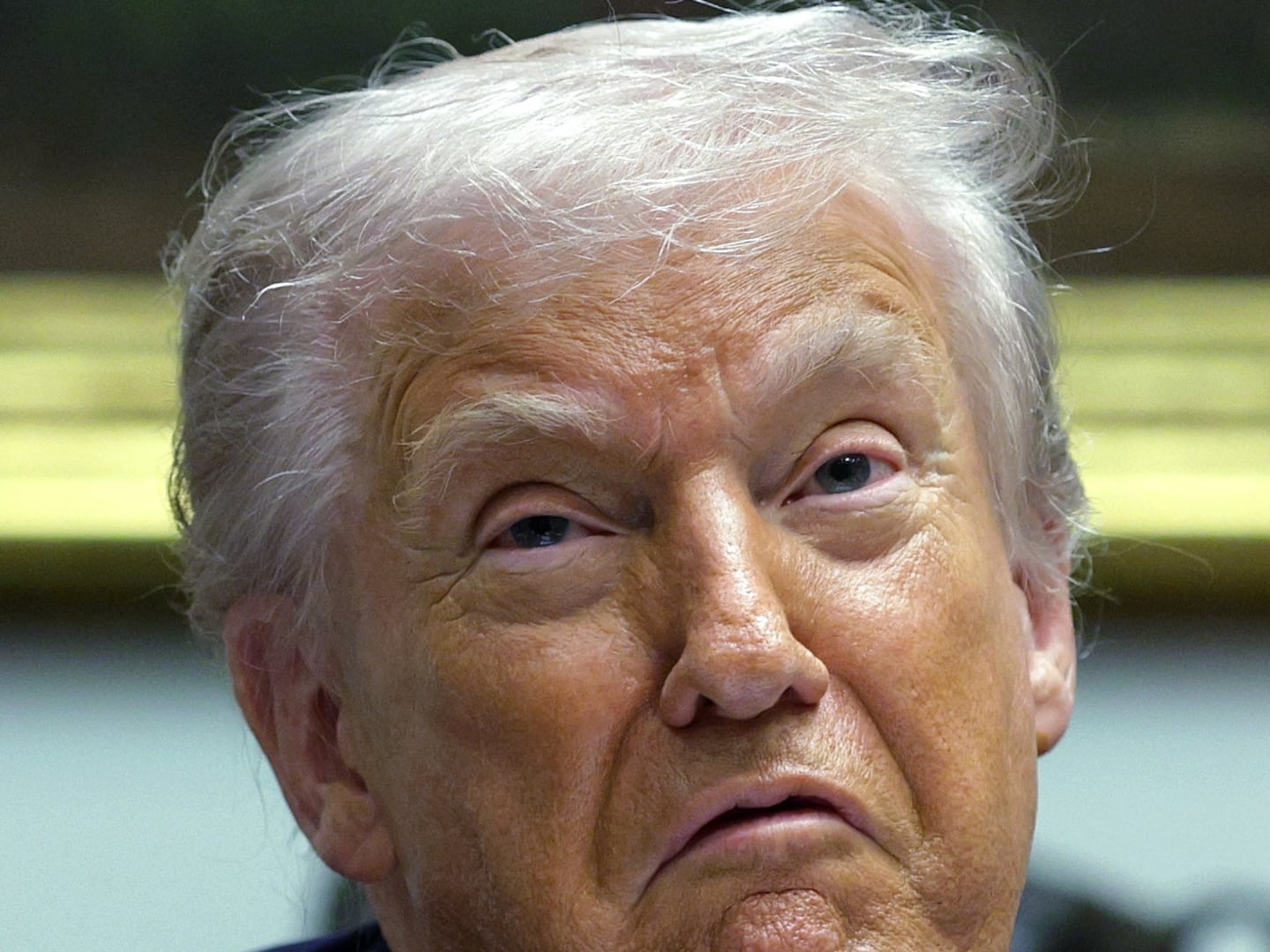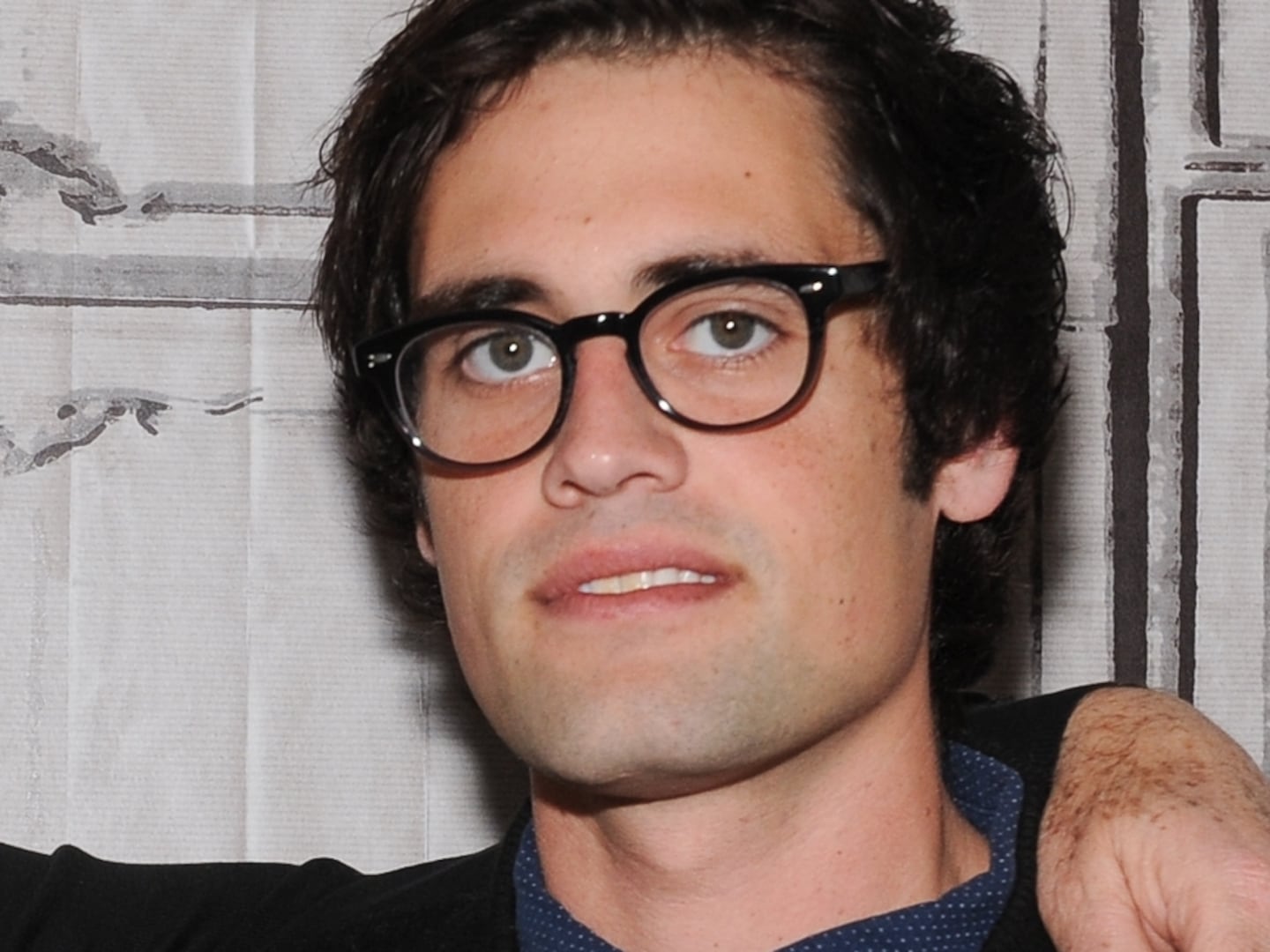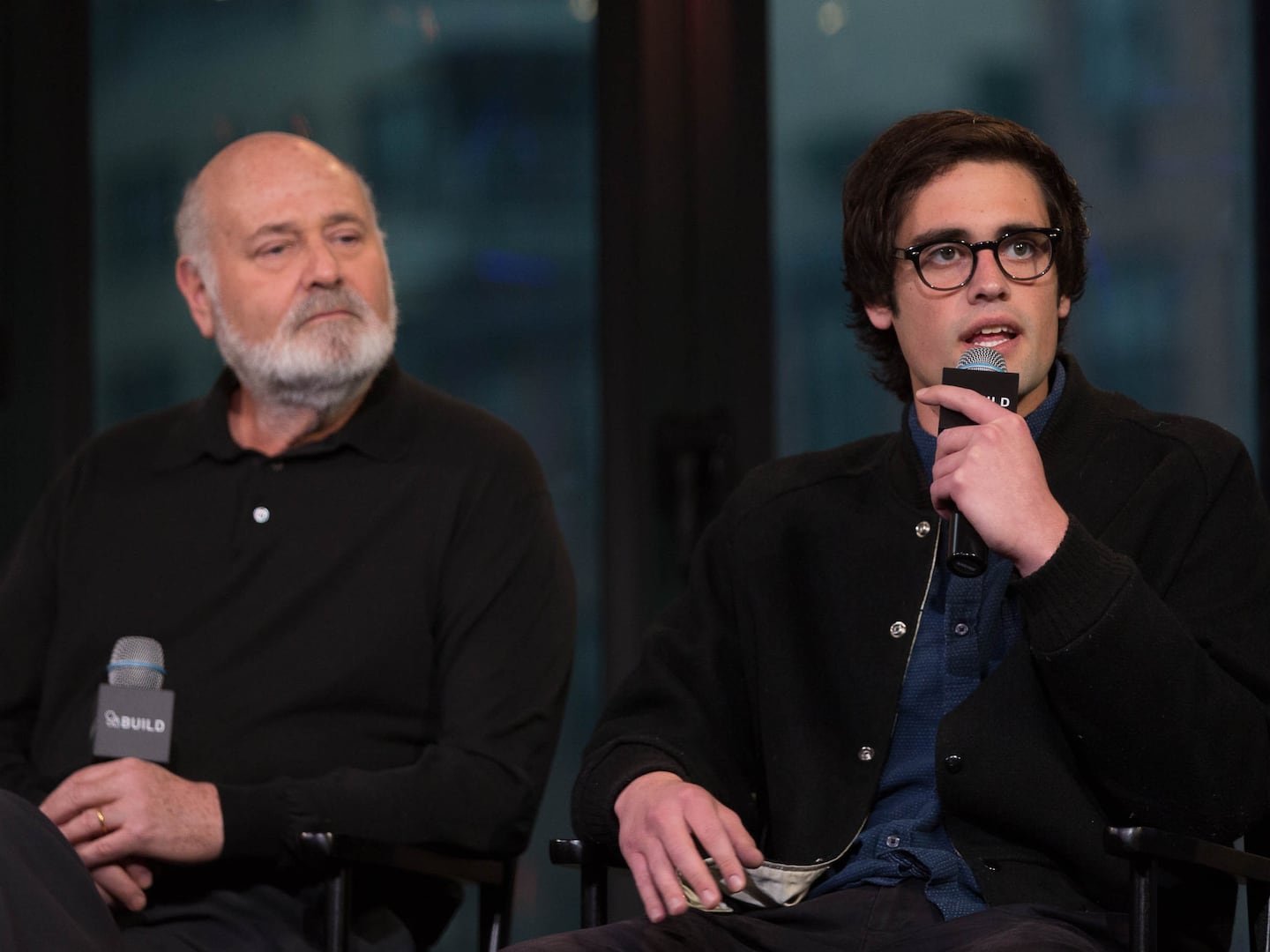DBC Pierre’s novels center on crucial misunderstandings, mistaken identity, the wrongly accused; as the plots press on the stakes are rapidly raised, with the simplest confusions spiraling out into mistrust, chaos, and violence. There is a nightmarish quality to the lack of control Pierre’s protagonists have—events run away from them with a sickening speed, and ruin is always only a misspoken word away. A common thread adding to this disorientation is the sudden leaps from country to country: Lights Out in Wonderland moves from rural England to a high-end Tokyo restaurant to a mysterious banquet in Berlin, while Pierre's second novel, Ludmila’s Broken English, switches rapidly between London and the imagined Eastern European region of Ublilsk. His debut, the Booker Prize–winning Vernon God Little, ricochets between small-town Texas, border-country Mexico on the lam, and death row in a high-security prison. Pierre could never be accused of parochialism, as he satirically explores the darkest, oddest recesses of Europe, America, and Asia. But there is a global cohesion in that wherever they are in the world, his characters are always pursued by and subject to the all-powerful yet often totally nonsensical forces of law and bureaucracy, war and capitalism.
The narrator of Lights Out in Wonderland is Gabriel Brockwell, a lost 20-something whom we first encounter in rehab as he desultorily plans his suicide. Gabriel is without achievement or attachment, the closest he has to a purpose being his half-hearted membership in an anarchist protest movement. Even an organization as destructive as this is inadequate for Gabriel’s needs, in that what he really wants to kick against is absolutely everything, including being born, while he is also overwhelmed by apathy. He speaks of modern civilization as though it’s as close to the end as he feels: “[This] party’s over. Its bottles are empty. Kegs are spitting foam. Our empire of shopping is in its last twitching throes.” The nihilistic tone in which Gabriel narrates has a certain charm, but is also deeply adolescent. He is accused by his father and others of failure and self-absorption, of not being as clever as he thinks he is. It is unclear whether the reader is supposed to agree with these opinions, but if we do, it is hard to see where the interest of Gabriel as a character lies. He is funny, but not very; he is poetic, but often in a mawkish way: “I realized I’d spent my life saying goodbye to something without knowing what. We all have. It’s not nostalgia, not retro fashion—it’s the end of our flowering. Human progress is no longer a viable investment.” We are inclined to agree with Brockwell senior’s verdict: “What a load of undergraduate crap.”

Vernon Little, the narrator of Pierre’s first, much-praised novel, has a grim outlook similar to Gabriel’s. But a slight adolescent gloominess could be forgiven—Vernon is 15, and is being falsely charged with a high-school shooting, while Gabriel is simply a dilettante, struggling to care about all the permutations of opportunity and privilege available to him. In addition, Vernon Little has far greater reserves of strength than Gabriel Brockwell, and his wry commentary on obese neighbors and lusted-after classmates is consistently compelling. Gabriel escapes from his rehab clinic to go on a last bacchanalian binge across the continents in pursuit of the “nimbus,” his term for the peak of drug-and-alcohol-induced euphoria. In his listless drive for pleasure, he resembles the protagonists of Edward St. Aubyn or Martin Amis, except that those authors imbue their antiheroes with wit and perspicacity. All Brockwell has is a very limited kind of cynicism, coupled with banal observations on hypocrisy: “I think of my ex-girlfriend Sarah. She doesn’t really like her friends, but ... she pretends to like them. I think of myself, pretending to like them for her sake, and them probably pretending to like us, because we seem to like them so much. I think of everyone I know just pretending.”
Where the novel does succeed is in its grand, grotesque set pieces, in moments most removed from Gabriel’s introspection. The scene, for example, when his best friend, Smuts, a Tokyo sushi chef, is having sex with his girlfriend in his restaurant’s giant fish tank, making use of octopuses in the process. Or the obscene feast in an abandoned Berlin airport that is the culmination of the plot, lavish orgiastic gorging for the richest men in the world, described at one point by Gabriel as “Dorian Gray’s big night out.” The night is a hideous carousel of consumption, both of obscene delicacies like hummingbird broth and caramelized tiger cub, and of beautiful young courtesans. In these moments of grandiose awfulness, Pierre’s writing is triumphant. The depravity and degradation of modern life is the author’s recurring theme, but in Lights Out in Wonderland, dull characters distract from an otherwise entertaining journey through capitalist dystopias, where no matter which city you’re in, “Starbucks napkins tumble and scud in the wind.”






